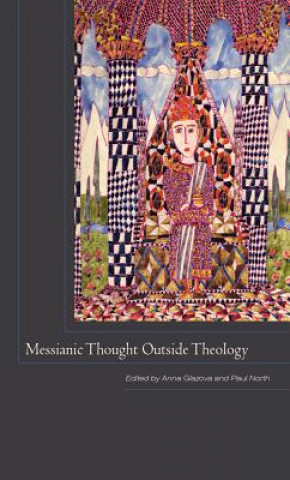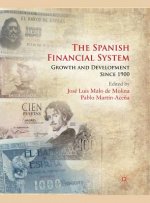
Consegna
Guida all'acquisto





Non ti piace? Non importa! Puoi restituircelo entro 30 giorni
 Buono sconto
Di qualsiasi valore
Buono sconto
Di qualsiasi valore
Non puoi sbagliarti con un buono regalo. Con il buono regalo, il destinatario può scegliere qualsiasi prodotto della nostra offerta.
Messianic Thought Outside Theology
 Inglese
Inglese
 303 b
303 b
30 giorni per il reso
Potrebbe interessarti anche


Contributors to Messianic Thought outside Theology respond in diverse ways to two questions: Why did a "secularized" concept of messianicity seem so crucial for philosophy and critical theory in the 20th century? And: Are messianic structures even intelligible outside the theological systems in which they were invented? These questions arise now, after the fervor for messianic thinking in ethical, ontological, and literary theory has largely subsided, when the basic contours of the long messianic moment are becoming visible. In the work of Walter Benjamin or Franz Rosenzweig, for instance, messianism detached from the person of the messiah and was understood as a redemptive potential inherent in all human history. This is one facet of a broad move, in political theory, ethics, ontology, and theories of history and language, to redeem secular thinking from its perceived failures by means of theological figures. Yet, already within religious discourse the messiah figure is highly paradoxical, and it remains paradoxical when transplanted. The persistent paradox is roughly the following. Mention of a messiah invokes a future, a "to-come" that, even if its date and contents are indeterminate, forms part of a conservative structure. With the invocation of a future arrival, history is opened as that which obtains as long as the end has not yet arrived. It has an open or free quality. With an opposing gesture, however, the assumption of an ultimate arrival in fact precedes history, making history itself highly deterministic. The coming arrival, so certain, so complete, will have already come in an anteriority that seems to cancel the future and close down historical life before it starts. The use and abuse of this paradox is brought into focus over the course of the collection.
Informazioni sul libro
 Inglese
Inglese


 Contatto
Contatto Come acquistare
Come acquistare

























